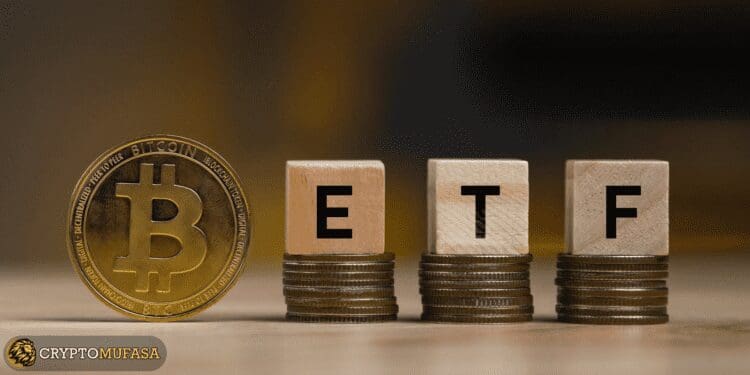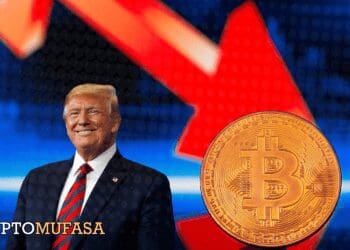Spot Bitcoin ETFs have significantly influenced financial markets since their U.S. launch earlier this year. These ETFs have become key for traditional investment firms, drawing substantial inflows and helping legitimize cryptocurrency for mainstream investors. With the U.S. elections approaching, the results could greatly influence the future of these financial products and the wider crypto market, including Bitcoin ETFs.
Impact of U.S. Elections on Bitcoin ETFs
The upcoming U.S. Presidential elections could be a game-changer for the spot Bitcoin ETF market. Throughout 2024, these ETFs have not only attracted substantial capital but also contributed to the increasing acceptance of cryptocurrencies as a viable asset class. The regulatory environment, heavily influenced by the administration in power, will likely see a significant shift depending on the election results, affecting Bitcoin ETFs.
Pro-crypto candidates, particularly those like former President Donald Trump, who has garnered support from the crypto community, could accelerate the growth and adoption of these financial instruments and specifically Bitcoin ETFs.
Many in the crypto community view Donald Trump’s potential return to the White House as a boost for cryptocurrency. His administration has previously shown support for Bitcoin and other digital currencies. This could mean fewer regulatory obstacles and a more favorable environment for crypto investments, including Bitcoin ETFs. Such changes may help Bitcoin exceed its previous peak of $73,000, fueled by increased optimism and institutional confidence.
Also Read: Elon Musk’s Acceptance of Trump Cabinet Offer Boosts Dogecoin by 6%
Kamala Harris’ Unclear Crypto Policies
In contrast, Vice President Kamala Harris‘ approach to cryptocurrency remains uncertain. Many think Kamala Harris will continue Joe Biden’s cautious stance on crypto, involving stringent regulations and lawsuits against crypto firms, such as those related to Bitcoin ETFs. The Biden administration has been criticized for its reluctance to approve Bitcoin ETFs, causing tension in the crypto industry. However, sources close to Harris indicate she might take a more nuanced approach, potentially offering a new direction for crypto regulation.
Regardless of the election outcome, the spot Bitcoin ETF market is expected to continue its upward trajectory. The success of these ETFs, despite the current regulatory landscape, indicates a strong demand for crypto investments and Bitcoin ETFs. Should a more crypto-friendly administration take office, the growth of these funds could accelerate, further integrating digital assets into the mainstream financial system.
Performance of Bitcoin ETFs in 2024
Spot Bitcoin ETFs have been a resounding success this year, leading the charge in crypto adoption within traditional finance. Since their inception, these funds have garnered over $17 billion in net inflows, supported by more than 1,100 institutional holders. The robust institutional interest in Bitcoin ETFs not only emphasizes Bitcoin’s growing acceptance but also sets the stage for approving additional cryptocurrency ETFs, potentially for Ethereum and Solana.
The impact of these ETFs on Bitcoin’s price has been substantial. In the first quarter of 2024, Bitcoin surged past $73,000, driven by the influx of institutional capital into Bitcoin ETFs. Although the market has since corrected, with prices dipping below $60,000, the long-term outlook remains positive. Some analysts, including those at VanEck, predict that Bitcoin could reach as high as $2.9 million by 2050, fueled by continued institutional adoption.
As the election season advances, everyone is watching to see how changes in the political landscape will affect the future of Bitcoin ETFs and the wider cryptocurrency market. The stance that the upcoming U.S. administration takes could lead to regulatory changes that either encourage or hinder the integration of cryptocurrencies like Bitcoin as mainstream financial assets. This will be pivotal in determining whether cryptocurrencies gain further acceptance or face more obstacles in the financial markets.













Discussion about this post